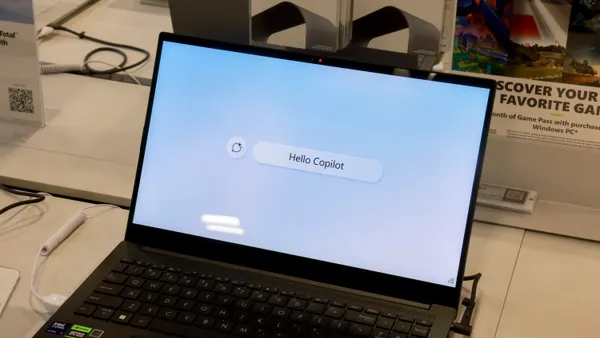We’ve all been there. Anyone who has used technology in the workplace has experienced the frustration that happens when an email goes missing, the printer jams or your computer freezes.
According to an academic research project conducted by a trio of American universities, up to 45% of employees’ time spent using technology is wasted because things can so easily go off the rails. And although these frustrations have common roots, employee reactions to tech issues vary widely.
Paul Rigby, senior vice president, Business Operations, at Vitalyst, which offers employee software coaching and information technology (IT) services, has identified five distinct personality types of tech-frustrated employees. Rigby says IT must work with HR leaders need to recognize these folks, understand them, and adjust learning strategies accordingly.
“Technology can only be as impactful as the person operating it,” Rigby says.
Everett Kenyatta, director of client training at Vitalyst, says there will always be disparate personality types within every industry. And as technology becomes more essential to productivity, HR leaders need to be aware of their employees’ frustrations, the ways they manifest themselves, and what they can do, working with IT, to prevent them.
“It’s important to understand the diverse makeup of your organization,” he says. “By offering resources that appeal to different learning styles and different tech personalities, disruption can be minimized, efficiency increased and employee engagement maximized.”
Rigby adds that it takes effective, early software coaching to avoid and address employee frustrations, increasing employee proficiency and eventually, enterprise-wide productivity. But until people ask for help, there will always be these personality types on the bad end of a frustrating tech experience.
The Apologizer
This personality type submits and sends documents with a callout apologizing for low-quality work, refuses to ask for help, doesn't take advantage of technology investment, and paints technology as the scapegoat.
Business Impact: Sending incomplete, incorrect, unformatted work negatively impacts the work-product. Weak, apologetic communication of tech frustration harms business relationships.
The Interrupter
They disrupt concentration by asking others to accomplish routine technology tasks. This personality also interrupts other employees’ workflow and spends more time figuring out small tech issues than on substantive work solutions.
Business Impact: Constant requests for help decrease productivity of the employee. Constant interruptions to colleagues’ workflow impacts enterprise productivity, and wasted focus on small, easily-avoided tech issues takes time away from critical business issues.
The Delegator
They pawn off work on co-workers, asking them to complete the task instead and waste two employees' time at once by refusing to learn new technology and frustrating others.
Business Impact: Delegation keeps colleagues and employees from performing their own business-critical tasks, which results in a duplication of efforts without the reward.
The Quitter
This personality gives up completion of critical tasks because of tech complaints, which creates inefficiencies. They view technology as non-essential and cause others to follow suit.
Business Impact: They refuse to learn and their unwillingness to adopt technology slows business growth. Employee withdrawal from their task creates abandonment of business goals, absenteeism and even turnover. They refuse to pursue new ideas out of fear that technology will become a barrier and prevent individual and enterprise-wide innovation.
The Exploder
They view technology as the enemy, throwing tech-fueled temper tantrums through furious key-smashing, laptop computer-slamming, violent phone-shaking and forceful button-pressing.
Business Impact: Aggressive displays of frustration halt productivity and Create an unhealthy work environment.











